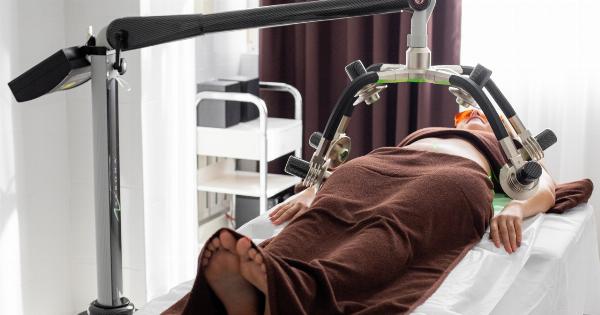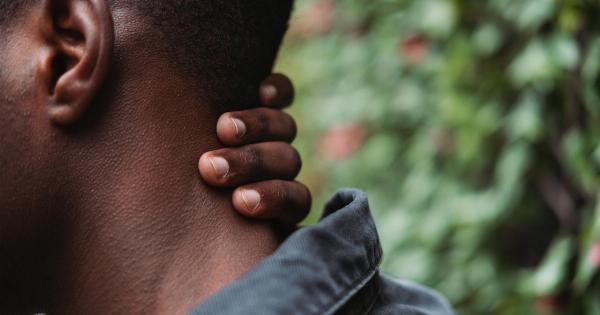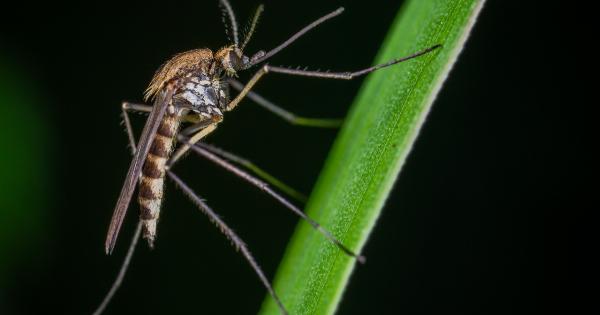For many people, the day hasn’t truly started until they’ve had their morning cup of coffee.
Whether it’s a simple cup of drip brewed coffee or a complex and elaborate latte, the caffeine in coffee can help us feel more alert, energized, and ready to face the day ahead. However, for some people, that morning cup of coffee can come with an unexpected side effect: a headache. In this article, we’ll take a closer look at coffee headaches, what causes them, and what you can do to prevent or alleviate them.
What Are Coffee Headaches?
A coffee headache is a type of headache that is caused by drinking coffee or other caffeinated beverages. It can be a dull, throbbing pain or a more intense headache that feels like a migraine.
Some people may also experience other symptoms such as nausea, dizziness, or sensitivity to light and sound. Coffee headaches can occur at any time of day and can last anywhere from a few minutes to several hours.
What Causes Coffee Headaches?
There are several factors that can contribute to coffee headaches. One of the main culprits is caffeine, which is a stimulant that can cause blood vessels in the brain to constrict.
This can lead to a decrease in blood flow and oxygen to the brain, which can trigger a headache. However, not everyone is equally sensitive to caffeine, and some people may not experience headaches even after consuming large amounts of coffee.
Other factors that can contribute to coffee headaches include dehydration, which can occur if you don’t drink enough water along with your coffee. Dehydration can cause blood volume to decrease, which can lead to headaches and other symptoms.
Additionally, some people may be sensitive to the acidity in coffee, which can irritate the lining of the stomach and trigger a headache.
Preventing Coffee Headaches
If you’re prone to coffee headaches, there are several things you can do to prevent them from occurring. One of the most important things is to stay hydrated by drinking plenty of water throughout the day.
You should also try to limit your intake of coffee and other caffeinated beverages to no more than two or three cups per day.
You may also want to experiment with different types of coffee and brewing methods to see if there are any that are less likely to trigger your headaches.
For example, some people find that cold-brewed coffee is less acidic and easier on their stomachs than hot-brewed coffee. Others may prefer decaf coffee or coffee substitutes such as herbal tea or cocoa.
Alleviating Coffee Headaches
If you do experience a coffee headache, there are several things you can do to alleviate the pain. One of the simplest is to drink a glass of water, which can help to hydrate your body and alleviate the headache.
You can also try taking an over-the-counter pain reliever such as aspirin or ibuprofen, or a migraine medication if your headache is severe.
Another option is to try a natural remedy such as peppermint oil or ginger tea. Peppermint oil can help to relax the muscles in the head and neck, while ginger tea has anti-inflammatory properties that can help to reduce pain and inflammation.
Some people may also find relief from acupuncture or massage therapy.
Conclusion
While coffee headaches can be unpleasant, they are usually not a cause for concern. By staying hydrated, limiting your caffeine intake, and experimenting with different types of coffee, you can often prevent these headaches from occurring.
If you do experience a coffee headache, there are several things you can do to alleviate the pain and reduce the frequency and severity of future headaches.





























